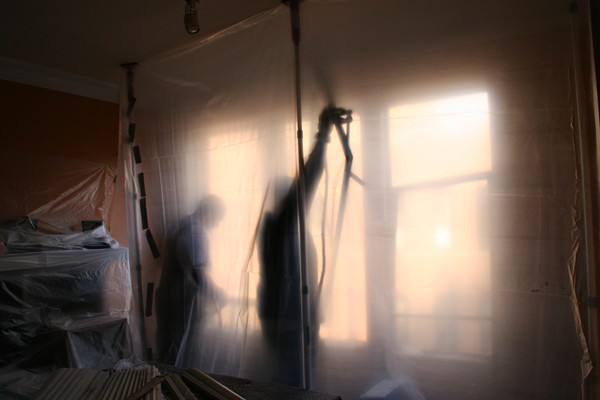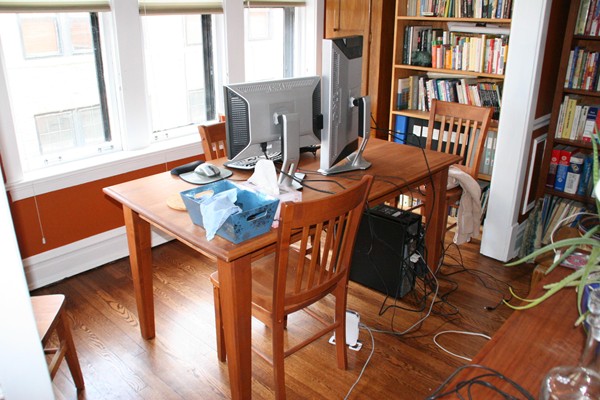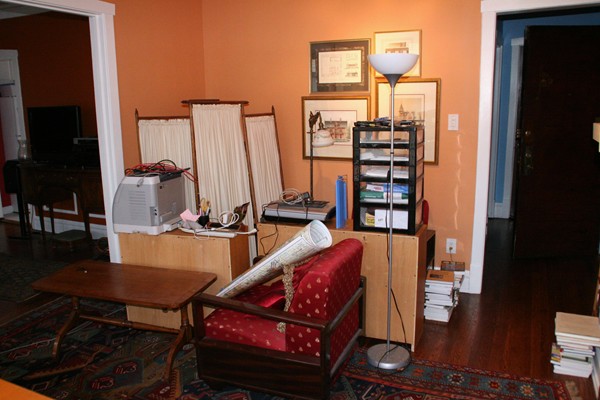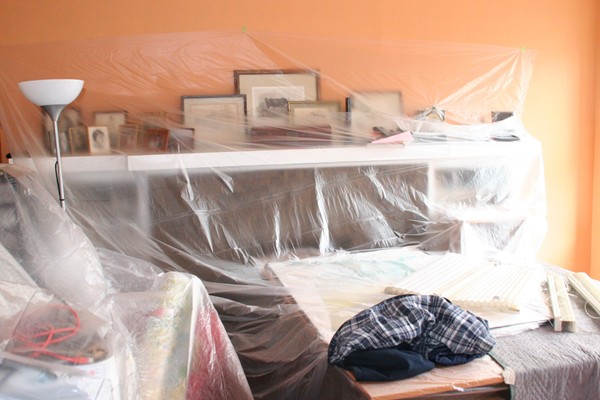After posing my question about why Canadians need a visa to go to one more country than Americans do, several commenters on the original Gulliver post chimed in about a squabble Canada had with the Czech Republic at the end of the last decade.
It seems, however, that the commenters, and quite possibly the report Gulliver quoted, were out of date. According to the Canadian Embassy in Prague, the countries ironed out their differences in 2004:
The Government of the Czech Republic has decided to lift its visitor visa regime for citizens of Canada. As of May 1, 2004, holders of valid Canadian passports no longer require visas to enter the Czech Republic for visits up to 90 days - such visitors are prohibited from engaging in gainful employment during this time.
Canada lifted their requirement that Czechs have visas in 2007.
So, either is there yet another country that prefers Americans to Canadians (I mean, officially), or is the report out of date? I will endeavor to find out with all the passion and zeal required by such a question.
Update: Of course, the report could well be up to date, but the lists might simply not be orthogonal. It has occurred to me that there might be many countries that have different visa regimes for the U.S. and Canada. I'm still curious, as the Czech Republic hypothesis actually had some evidence behind it.
At 7pm CT last night, it was 16°C; now, twelve hours later, it's -8°C, a 24°C drop. Can anyone say "cold front?"
It's not the biggest twelve-hour drop in Chicago history, but it does wake you up in the morning.
I had a conversation with a Ukrainian friend over the weekend about visas. As an American, I blithely travel all over the place and rarely think about entry requirements. In Europe, for example, I think I need a visa to visit Russia, but I can go to any other country from the Bosporus to Greenland just by showing my little blue passport. She, on the other hand, needs a visa even to visit next-door Hungary.
It turns out, via The Economist's Gulliver blog, only Danish, Irish, Portuguese, and Finnish passport-holders can travel to more places without a visa than we Americans (156 for Danes, 155 for the other three, 154 for us.) Ukrainians can only go to 50; woe to the bottom-ranked Afgnanis who get 22. (I wonder what the 22 are, too.)
Oddest, to me anyway, is that Americans can travel to one more country than Canadians can. What country, in all the world, requires a visa from Canadians but not Americans? Now that's odd.
If the website has community-written reviews, you can destroy it by soliciting bribes from the reviewed businesses:
With the Web site Yelp still responding to allegations by San Francisco businesses that it manipulates the prominence of positive and negative reviews, some Chicago merchants are adding to the heat.
They allege that Yelp representatives have offered to rearrange positive and negative reviews for companies that advertise on the site or sponsor Yelp Elite parties.
Yelp's CEO Jeremy Stoppelman has been taking his side of the story in this controversy to the Web, the media and even Twitter.
In a conversation with the Tribune, Stoppelman denied the allegations, saying, "I guarantee that there is no link between" review placement and advertising. He said that the people selling the ads have no access to the architecture of the site and so cannot influence placement or review content."
This bears investigating. Check out the original story in the East Bay Express, too.
Regardless of what one thinks of Thomas Friedman generally, his column today echoes some of my own bleak thoughts recently:
Let's today step out of the normal boundaries of analysis of our economic crisis and ask a radical question: What if the crisis of 2008 represents something much more fundamental than a deep recession? What if it’s telling us that the whole growth model we created over the last 50 years is simply unsustainable economically and ecologically and that 2008 was when we hit the wall—when Mother Nature and the market both said: "No more."
Or, on the other hand, it can just be one of those once-a-century economic catastrophes that ultimately leaves the second generation following better off, and the third generation following to do it all over again.
I got so caught up in the rampant destruction in my office yesterday I forgot to mention it was the warmest day we've had since November 6th, four months ago. At least Tom Skilling reported it, else no one would have known.
Skilling said November 5th, but the official high maximum on November 6th—at midnight, sadly—was 18.3°C, same as yesterday's. Not that it matters; Parker and I haven't had a good, 90-minute walk in about that long.
Those guys are fast. The windows are in, except for the trim:

Also, given my proven ability to walk and chew gum at the same time, I managed to finish the CD ripping project while working on a complex client report. iTunes reports 5,570 songs and 49.4 gigabytes—15.5 days of music. I think that should hold me for a time.
Usually it only involves a DVD and an Internet connection, but today they're using crowbars:

Reformatted, pre-installation:

The Inner Drive Technology World Headquarters has temporarily moved about four meters:

Actually, some of the office simply moved into the International Data Center:

(The IDTIDC is behind the dressing screen in the corner of the room.)
All of this comes about because of the 95-year-old windows that the guys can finally replace today. I say "finally" because I ordered them in October. It took six months because (a) they new ones had to be custom-made to match the rest of the 95-year-old building; (b) that took three months; and (c) one typically does not want to replace windows in Chicago during the coldest February in 25 years.
Today it's 9°C, it isn't (yet) raining, and it's about time.
Obligatory photos of ripped-out windows to follow.
Update: Gah!

Now that the press have had a couple of days to digest the Bush Administration's anti-terror legal memos, a consensus of sorts is emerging:
Yale law professor Jack Balkin called [the memos] a "theory of presidential dictatorship. They say the battlefield is everywhere. And the president can do anything he wants, so long as it involves the military and the enemy."
The criticism was not limited to liberals. "I agree with the left on this one," said Orin Kerr, a law professor at George Washington University. The approach in the memos "was simply not a plausible reading of the case law. The Bush [Office of Legal Counsel] eventually rejected [the] memos because they were wrong on the law, and they were right to do so."
In a similarly outrageous bit of memorandizing, the Tribune on its Metromix site completely failed to include Duke of Perth in its list of the best fish and chips in Chicago. I mean, "skate crusted in panko with fries tossed in garlic oil, Pecorino-Romano and chives"? I'd bet it wouldn't even stain a paper towel.
All right, that's not in the same league as asserting dictatorial powers and destroying American democracy, but then again, all politics is local.